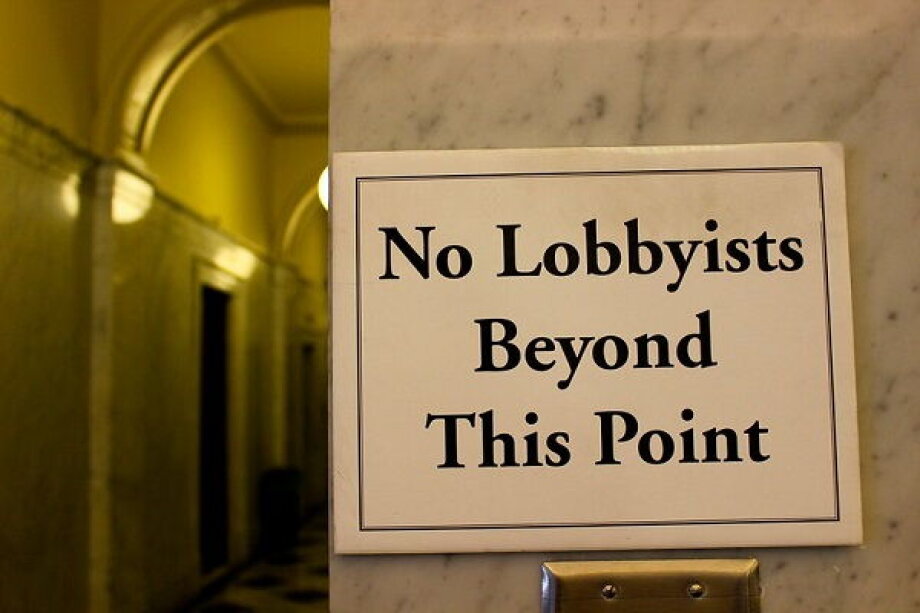Lobbying in the EU: Why Are Polish Companies Rarely Involved?


Lobbying, often viewed negatively in Poland, plays a critical role in shaping EU legislation. Contrary to misconceptions, it is a lawful and essential part of the decision-making process, as recognized by the European Parliament. Through cooperation with interest groups, the EU aligns policies with the needs of citizens while gaining specialized knowledge in areas like the economy, environment, and science.
Article 11 of the Treaty on the European Union (TEU) underscores this process, emphasizing open, transparent, and regular dialogue between EU institutions, representative associations, and civil society. Such collaboration allows citizens and organizations to voice opinions on all aspects of the Union’s activities.
Despite the legitimacy and importance of lobbying, few Polish companies engage in it at the EU level. This limited participation could stem from a lack of understanding of the lobbying process or the resources required to maintain a presence in Brussels. By not actively participating, Polish firms miss opportunities to influence policies affecting their sectors and to contribute expertise to the EU’s legislative process. Promoting greater involvement in EU lobbying could enhance Poland’s influence within the Union, ensuring its businesses and citizens benefit from policies tailored to their needs.